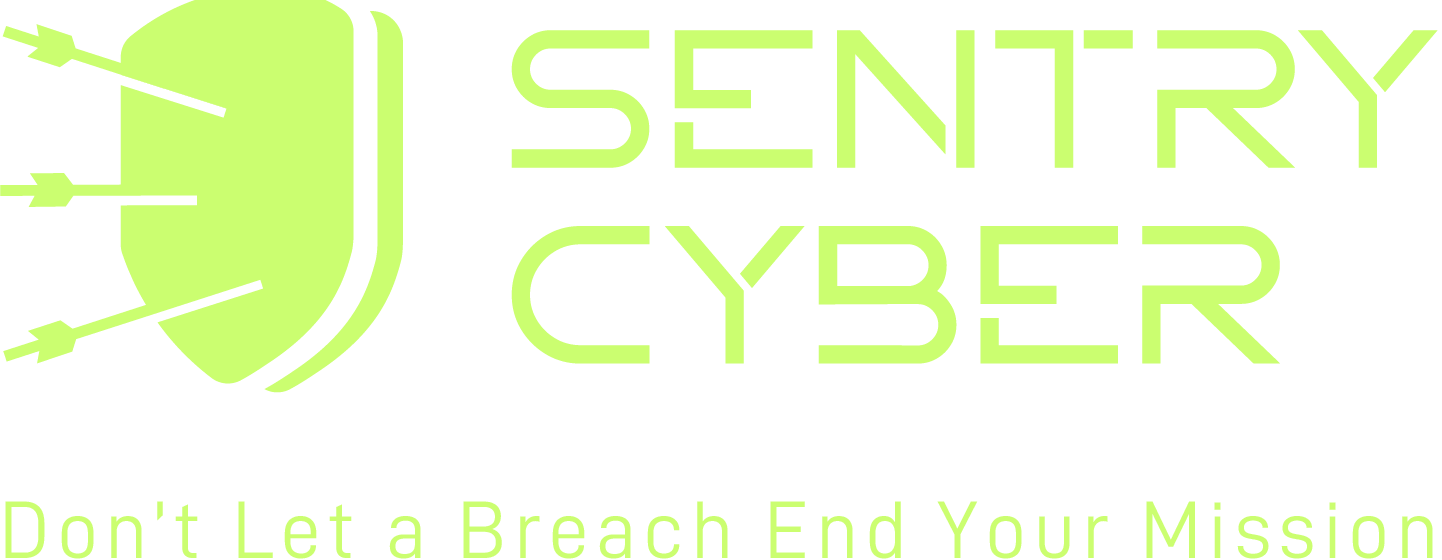
When it comes to cyber security, small businesses often face the challenge of securing devices with limited resources. To address this, the Australian Signals Directorate’s Australian Cyber Security Centre (ASD’s ACSC) published the Small Business Google Chromebook and ChromeOS Security Guide. This guide was designed to help businesses configure ChromeOS in a way that aligns with the ASD Essential Eight, Australia’s baseline cyber security framework.
While the Essential Eight was built with Microsoft environments in mind, many of its principles also apply to other frameworks such as SMB1001, NIST Cybersecurity Framework (CSF), and ISO 27001. For ChromeOS users, much of the heavy lifting is done automatically, making it easier for businesses to remain secure without the complexity or cost of traditional setups.
ChromeOS and Cyber Security
ChromeOS was developed as a cloud-first, secure-by-design operating system. Some of its built-in protections include:
- Application control – Admins can easily manage which apps and browser extensions users are allowed to install.
- Automatic updates – ChromeOS and apps update automatically, reducing the risk of unpatched vulnerabilities.
- Read-only root file system – Prevents malware from altering core system files.
- Restrictions on executables – Users cannot run random downloaded files, cutting off a common malware pathway.
- Sandboxing – Apps and browser sessions are isolated to contain any compromise.
- Verified Boot – Ensures the system has not been tampered with during startup.
These features mean that security isn’t just bolted on, it’s built in from the start.
ChromeOS vs Essential Eight
The Essential Eight is primarily written for Microsoft environments, with controls like disabling macros in Microsoft Office. On ChromeOS, those controls simply don’t apply. In fact, the ACSC notes that for ChromeOS, the Essential Eight effectively becomes an Essential Four.
That’s because ChromeOS eliminates several Microsoft-specific risks outright, leaving fewer controls for businesses to actively manage. For example:
- No Microsoft macros to disable.
- No risky executable files to run.
- Automatic system updates built-in.
- Web-first applications reduce reliance on traditional desktop programs.
This doesn’t mean ChromeOS is immune to threats, but it does significantly reduce the attack surface.
Cost Benefits of ChromeOS
In our experience at Sentry Cyber, the total cost of ownership (TCO) for ChromeOS environments is less than half of a Microsoft environment. Why?
- Lower licensing costs – ChromeOS devices don’t require expensive Microsoft OS or Office licences.
- Reduced management overhead – Settings are managed centrally in the Google Admin console, without complex server infrastructure.
- Fewer security add-ons – Many security measures are built into ChromeOS, removing the need for third-party solutions.
- Longer device lifespan – Chromebooks are lightweight, cloud-driven, and often last longer than traditional laptops.
Hybrid Environments: ChromeOS and Microsoft Together
Not every business can go 100% ChromeOS. Many organisations use hybrid environments where Google Workspace and Microsoft 365 coexist.
- High-end users such as accountants often require Microsoft Excel’s advanced desktop features, best suited to Windows devices.
- Frontline staff, remote workers, and contractors often only need email, file access, and web apps, perfect use cases for Chromebooks.
- Work-from-home setups benefit from ChromeOS devices that are easy to provision, secure, and compliant with cyber security frameworks.
At Sentry Cyber, we frequently design these hybrid models so that businesses can get the best of both worlds.
Backups and Business Continuity
The guide also highlights the importance of backups. While Google Drive provides version history, it is not a full backup solution. Businesses should invest in dedicated Google Workspace backup services to ensure compliance and recovery capability.
👉 Check out our Google Workspace backup services for more information.
Why Choose ChromeOS for Small Business?
- Meets ASD Essential Eight security principles with less complexity.
- Reduces costs and IT overhead.
- Ideal for hybrid setups where some staff need Microsoft while others thrive on ChromeOS.
- Perfect for remote work and frontline staff with simple requirements.
- Easy to manage with minimal cyber expertise needed.
- Its recommended to purchase high end Chromebooks with 8 to 16GB of Ram and multicore CPU’s for a better experience for business work.
How Sentry Cyber Can Help
With 17 years of experience securing Google Workspace and Chrome Enterprise, Sentry Cyber is uniquely positioned to help Australian small businesses deploy ChromeOS environments. We specialise in:
- ChromeOS configuration aligned with the Essential Eight.
- Hybrid environment design (Google + Microsoft).
- Security assessments against frameworks like SMB1001, NIST CSF, and Essential Eight.
- Ongoing cyber awareness training and monitoring services.
👉 Book your complimentary cyber security workshop today to see how ChromeOS can strengthen your security while lowering costs.
FAQs
Q1: Does ChromeOS completely remove the need for the Essential Eight?
No. The ACSC guidance explains that ChromeOS changes how the Essential Eight applies. Some mitigations (like disabling macros) are irrelevant, but others (like multi-factor authentication and backups) remain critical.
Q2: Is ChromeOS secure enough for sensitive industries?
Yes, but it depends on your risk profile. ChromeOS has strong default protections, and with proper configuration, it can meet strict compliance frameworks like SMB1001 or NIST CSF.
Q3: Can ChromeOS run Microsoft Office?
Yes, but in web form. Businesses needing advanced Excel functionality may still require some Windows devices in a hybrid setup.
Q4: What happens if a Chromebook is lost or stolen?
Because ChromeOS is cloud-first, data is not stored locally. Devices can be remotely locked, disabled, or wiped from the Google Admin console.
Conclusion
The Small Business Google Chromebook and ChromeOS Security Guide from ASD’s ACSC shows that ChromeOS is a strong choice for businesses looking to balance security, simplicity, and cost. By reducing the number of security controls you need to manage, ChromeOS makes frameworks like the Essential Eight more achievable for small businesses.If you’re considering ChromeOS for your business—or want to explore a hybrid setup with Microsoft, reach out to Sentry Cyber. With nearly two decades of experience, we can help design, implement, and secure your environment the right way.
